Articles
Sleep Apnea Devices
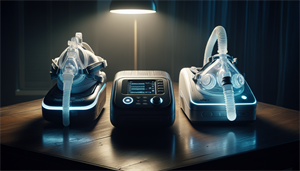 August 21st, 2024
August 21st, 2024
Sleep apnea, a serious disorder, can be effectively managed with PAP machines, oral appliances, and lifestyle changes.
Light Sleeper vs Heavy Sleeper
 August 21st, 2024
August 21st, 2024
Light sleepers wake easily, heavy sleepers don't. Understanding your sleep type and optimizing your sleep environment can enhance sleep quality.
How Many Pillows for Sleep Apnea?
 August 21st, 2024
August 21st, 2024
Right pillows for sleep apnea vary by position, aiding in spine alignment and airway openness for better sleep quality.
What Does Sleep Apnea Look Like on Fitbit?
Fitbit helps detect sleep apnea by tracking sleep stages and oxygen saturation, but isn't FDA-approved for diagnosis.
Can Chronic Pain Cause Sleep Apnea?
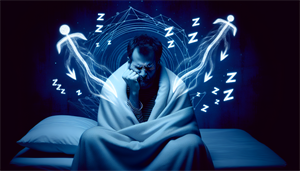 August 21st, 2024
August 21st, 2024
Chronic pain and sleep apnea worsen each other. Effective management includes CPAP therapy and tailored pain treatments.
Can Sleep Apnea Cause Chest Pain and Shortness of Breath?
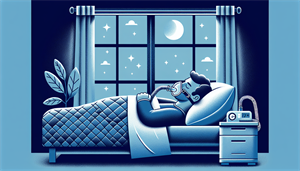 August 21st, 2024
August 21st, 2024
Sleep apnea can lead to chest pain and breathlessness, requiring treatment with PAP devices, surgery, or lifestyle adjustments.
Can Sleep Apnea Cause High CO2 Levels?
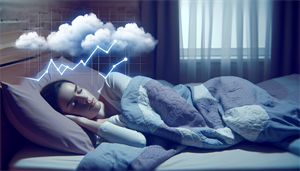 August 21st, 2024
August 21st, 2024
Sleep apnea can lead to high CO2 levels, diagnosed via blood tests. Treatment includes CPAP/BiPAP therapy and lifestyle changes.
Can Adderall Cause Sleep Apnea?
 August 21st, 2024
August 21st, 2024
Adderall may disrupt sleep and exacerbate sleep apnea in ADHD patients, requiring careful management with alternative meds and sleep hygiene.
Divorce Because of Snoring
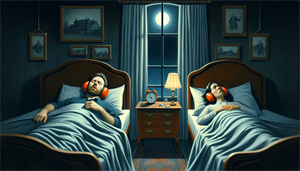 August 21st, 2024
August 21st, 2024
Snoring, often linked to sleep apnea, can strain relationships. Treatment and lifestyle changes are key to maintaining harmony.
How Much Does a Breathing Machine Cost?
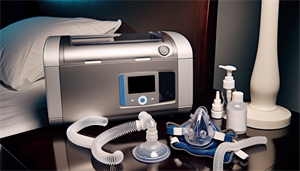 August 21st, 2024
August 21st, 2024
CPAP, BiPAP, and APAP machines cost $500-$3,000. Insurance may lower costs, but expect extra for accessories and maintenance.